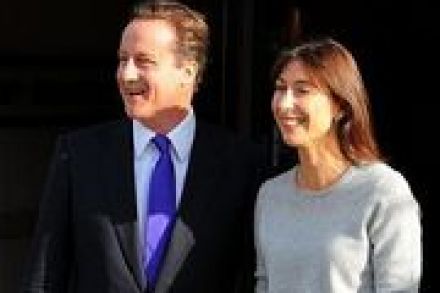The Cameron transcript: Part I
While were all waiting for the Cameron speech, I thought I’d post some of the out-takes of my interview with him last week (full text here). Many thanks for your suggestions for questions, which were disconcertingly good. When I was a trainee reporter, I went to a coroner’s court and noticed that the jury asked better questions than the lawyer. It’s often like that with CoffeeHouse comments: you guys had all the obvious and oblique angles covered. But I suspect that our little wiki-exercise forewarned Cameron a bit because he seemed to have ready answers. Every journalist leaves an interview thinking what was the top line in that? and if




















